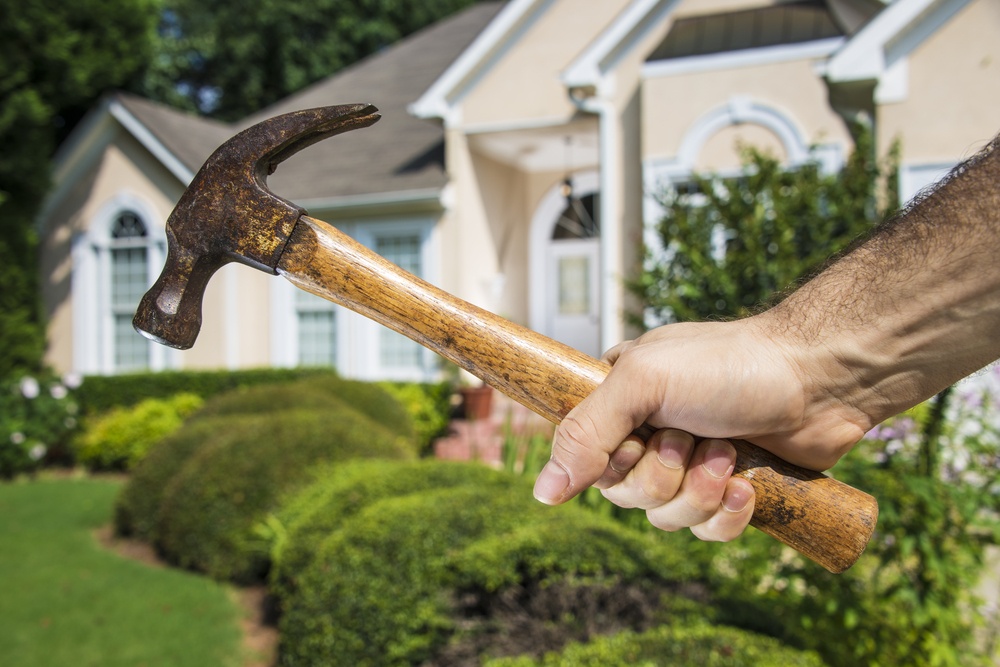Interview with a Lender: Understanding Construction Loan Mortgages
We all have a different idea of what a dream home would be. Some are able to find that home already built, others want something a little more...

When contemplating building or renovating your dream home you may want to consider a construction loan. A construction loan is a short-term loan that offers funds for the cost of building, renovating or reconstructing a home.
Construction loans often have higher variable rates than permanent mortgage loans, as only the interest payments are typically made during construction. The lender will request to be provided with a fully detailed plan of the construction timetable to give approval of the loan. The funds borrowed through this type of loan are generally provided throughout each phase of construction. Construction loans are often obtained by large scale construction companies, new home builders or individual homeowners. There are two types of construction loans:
You can pay the lender back in a lump sum. Additionally, you can convert your loan into a mortgage loan known as the construction-to-permanent loan and pay both loans one once the construction is complete.
This is actually two loans wrapped into one where you have to pay the loan twice. Once during the construction phase, and then, another permanent mortgage loan once the construction is complete.

A mortgage loan may be a better option if you are purchasing a fully constructed house. If, however, you are getting a loan for a home that is under-construction, then you not only have to pay for the mortgage, but will be responsible to cover the costs of the construction material, labor expenses, etc. Typically, once the home is completely constructed, you have the time period of one year to pay back the loan. It will depend on who you are getting the loan from and your credit history. Be sure to check out all your options and compare the different types of loans you can qualify for before making a final decision.
Below are some tips to remember when qualifying for a construction loan:
Qualification is only the first step in obtaining a construction loan, the next step is completion of the application process. Find a trusted lender and prepare the specified documents required to apply for a home construction loan.
Once you secure the loan, the lender will expect all of the funds to be used towards the materials and labor. These include construction of the house, utility hookups, water well, septic tank, pool design, etc. The loan is solely for the purpose of expenditures associated with the construction of your home.
Once construction is complete, you will then need to pay your second loan, i.e. the mortgage. As stated above, you can choose to convert your construction loan into a mortgage loan upon completion of the project. Not all lenders offer this choice, so you will need to clarify with them prior to obtaining the loan if this option is offered.
This article provides basic information about construction loans. It helps you understand what a construction loan is, how to qualify for a loan, and the process of obtaining a construction loan. Knowing the basics of construction loans and everything that comes with a construction loan can help you decide if a construction loan is right for you.

We all have a different idea of what a dream home would be. Some are able to find that home already built, others want something a little more...

What is home equity? Home equity is the market value of your property minus any remaining mortgage payments. It is one of the biggest sources of net...

Getting into debt is easy. Getting out of debt, though, is a lot harder, and the difficulty only increases if you have multiple debts. Between...